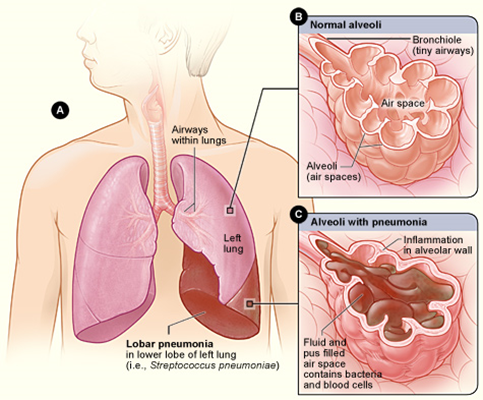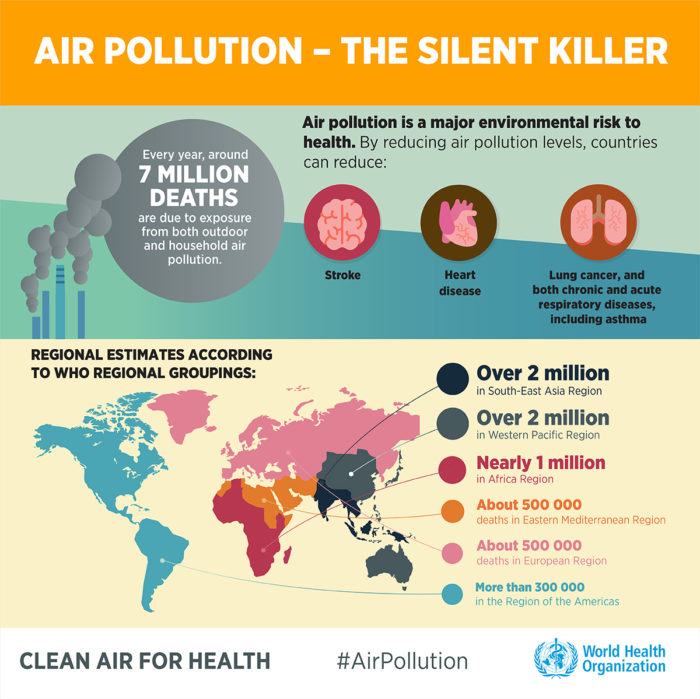Pneumonia can be fatal in elderly adults. Staphylococcus epidermidis is a Gram-positive bacterium and one of over 40 species belonging to the genus Staphylococcus.
The most common are.

What can cause pneumonia. If you think your flu is turning into pneumonia doctors can do a few tests to determine the best treatment. A staph infection in your lungs can cause pneumonia. What type of bacteria is Staphylococcus epidermidis.
But bacteria fungi and other microorganisms can also cause it. When you have pneumonia the tiny air sacs in your lungs become inflamed. The flu is one of the most common causes of viral pneumonia in adults though post-flu.
Bacteria and viruses are the main causes of pneumonia. Pneumonia is a lung infection that can be caused by bacteria fungi or viruses. Vaccination also helps reducing risks of developing pneumonia.
Reduce or avoid smoking and have disposable masks handy before entering a dusty environment. In fact pneumonia regularly ranks as one of the top 10 causes of death in the United States. Pneumonia is caused by a number of infectious agents including viruses bacteria and fungi.
Other health issues can be exacerbated and put elderly adults in life-threatening situations. You can also reduce the risk of developing lung diseases by living healthily. A rapid heart beat.
You can get pneumonia as a complication of viral infections such as COVID-19 or the flu or even a common cold. Pneumonia is an infection of the lungs that can be caused by a variety of pathogens including viruses bacteria and fungi. Depending on which kind of pneumonia you contract then youll need ether antibiotics or antivirals.
Streptococcus pneumoniae the most common cause of bacterial pneumonia in children. You may have pneumonia if you have. If pneumonia is the result of a respiratory infection like the cold or flu virus then pneumonia is infectious and can easily spread from person to person.
Haemophilus influenzae type b Hib the second most common cause of bacterial pneumonia. Here are the five major causes of pneumonia and. Symptoms of pneumonia include shortness of breath fever and cough.
It is part of the normal human flora. Pneumonia can result in a mild to severe cough that may bring up phlegm. Second pneumonia can cause serious damage to an already compromised immune system.
Pneumonia is a bacterial viral or fungal infection of the lungs that can be contagious. The answer to can mold cause pneumonia is no but it can. Pneumonia-causing germs can settle in the alveoli and multiply after a person breathes them in.
Pneumonia can be caused by viruses bacteria and fungi. The two most common causes of pneumonia are bacteria and viruses.




/right-sided-chest-pain-symptoms-and-possible-causes-4116859-5c77334ec9e77c00012f815f.png)

